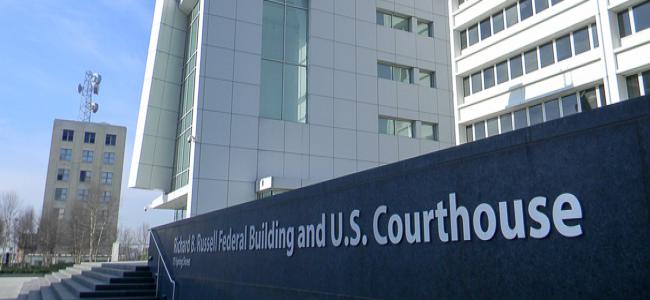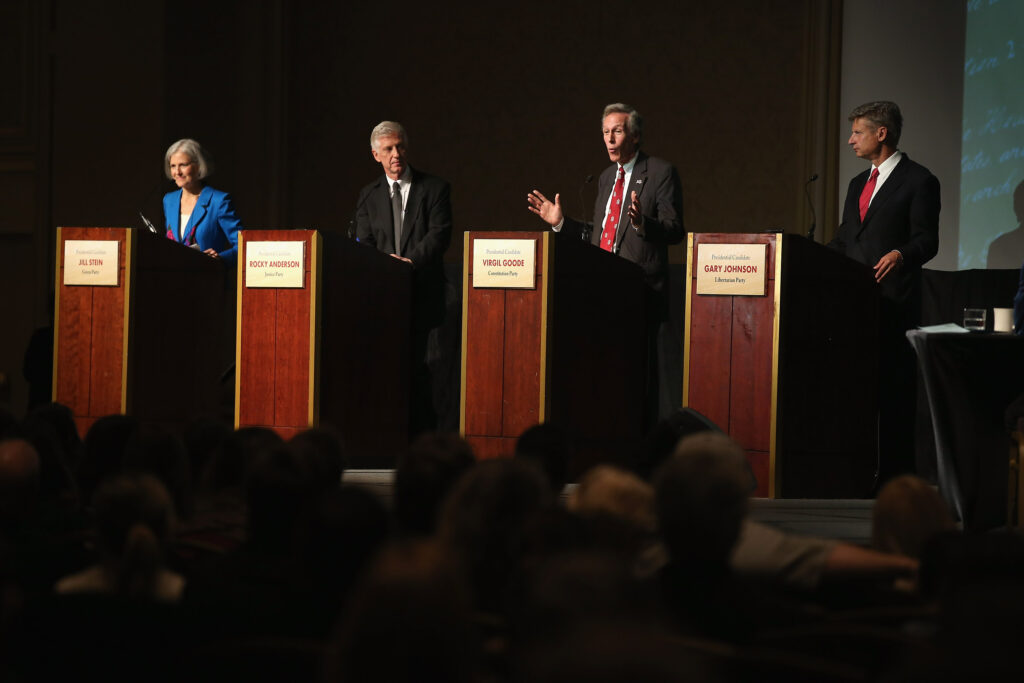September 20, 2023
Table of Contents
Three of the so-called “fake electors” who were charged in connection with the efforts to overturn the results of the 2020 presidential election in Georgia are seeking to have their cases moved from state to federal court.
David Shafer, Shawn Still, and Cathy Latham are among the 19 defendants who were indicted by a Fulton County grand jury in June on charges of racketeering, conspiracy to commit election fraud, and other crimes. The indictment alleges that the defendants participated in a coordinated scheme to submit false slates of electors to Congress, falsely claiming that Donald Trump had won the state of Georgia when in fact he had lost to Joe Biden.
On Wednesday, September 20, 2023, Shafer, Still, and Latham appeared before a federal judge in Atlanta to argue that their cases should be moved to federal court. Their lawyers argued that the defendants were acting as “contingent presidential electors” under the direction of Trump and pursuant to the US Constitution, and that they were therefore essentially federal officials.
Prosecutors in the case pushed back on this argument, arguing that the defendants were not federal officials and were not acting at the direction of a federal official carrying out a federal function. Instead, they were impersonating genuine electors at the direction of Trump’s campaign with the goal of illegally keeping him in power.
The judge did not rule on the motion immediately, but he said he would take the arguments under advisement and issue a ruling later.
If the judge rules in favor of the defendants and their cases are moved to federal court, it could have a number of implications. First, it could delay the start of the trial, as federal courts are generally slower-moving than state courts. Second, it could make it more difficult for prosecutors to convict the defendants, as federal juries are typically more conservative than state juries. Third, it could set a precedent for other defendants in the case, as well as for other investigations into efforts to subvert the 2020 election.
Background on the Georgia Election Interference Case
The Georgia election interference case is one of the most significant criminal investigations into the efforts to overturn the results of the 2020 presidential election. The indictment alleges that the defendants engaged in a wide range of activities to subvert the election results, including:
- Submitting false slates of electors to Congress
- Pressuring state and local officials to change the election results
- Making false statements about the election results to the public
The indictment also alleges that the defendants were motivated by a desire to keep Trump in power, even though he had lost the election.
The Defendants’ Argument for Removal to Federal Court

In their motion to remove their cases to federal court, the defendants argued that they were acting as “contingent presidential electors” under the direction of Trump and pursuant to the US Constitution. They argued that this made them essentially federal officials, and that their cases therefore belonged in federal court.
The defendants also argued that they were being denied a fair trial in state court because of the “prejudicial atmosphere” created by the media coverage of the case.
The Prosecution’s Argument Against Removal
In their response to the defendants’ motion, prosecutors argued that the defendants were not federal officials and were not acting at the direction of a federal official carrying out a federal function. Instead, they were impersonating genuine electors at the direction of Trump’s campaign with the goal of illegally keeping him in power.
Prosecutors also argued that the defendants were not being denied a fair trial in state court. They noted that the defendants had been appointed competent counsel and had been granted a change of venue from Fulton County to Cobb County.
Implications of a Removal to Federal Court

If the judge rules in favor of the defendants and their cases are moved to federal court, it could have a number of implications.
First, it could delay the start of the trial, as federal courts are generally slower-moving than state courts. Second, it could make it more difficult for prosecutors to convict the defendants, as federal juries are typically more conservative than state juries. Third, it could set a precedent for other defendants in the case, as well as for other investigations into efforts to subvert the 2020 election.
Conclusion
The hearing on the defendants’ motion to remove their cases to federal court was a significant development in the Georgia election interference case. The outcome of the hearing could have implications for the defendants, for the prosecution, and for the other investigations into efforts to subvert the 2020 election.



